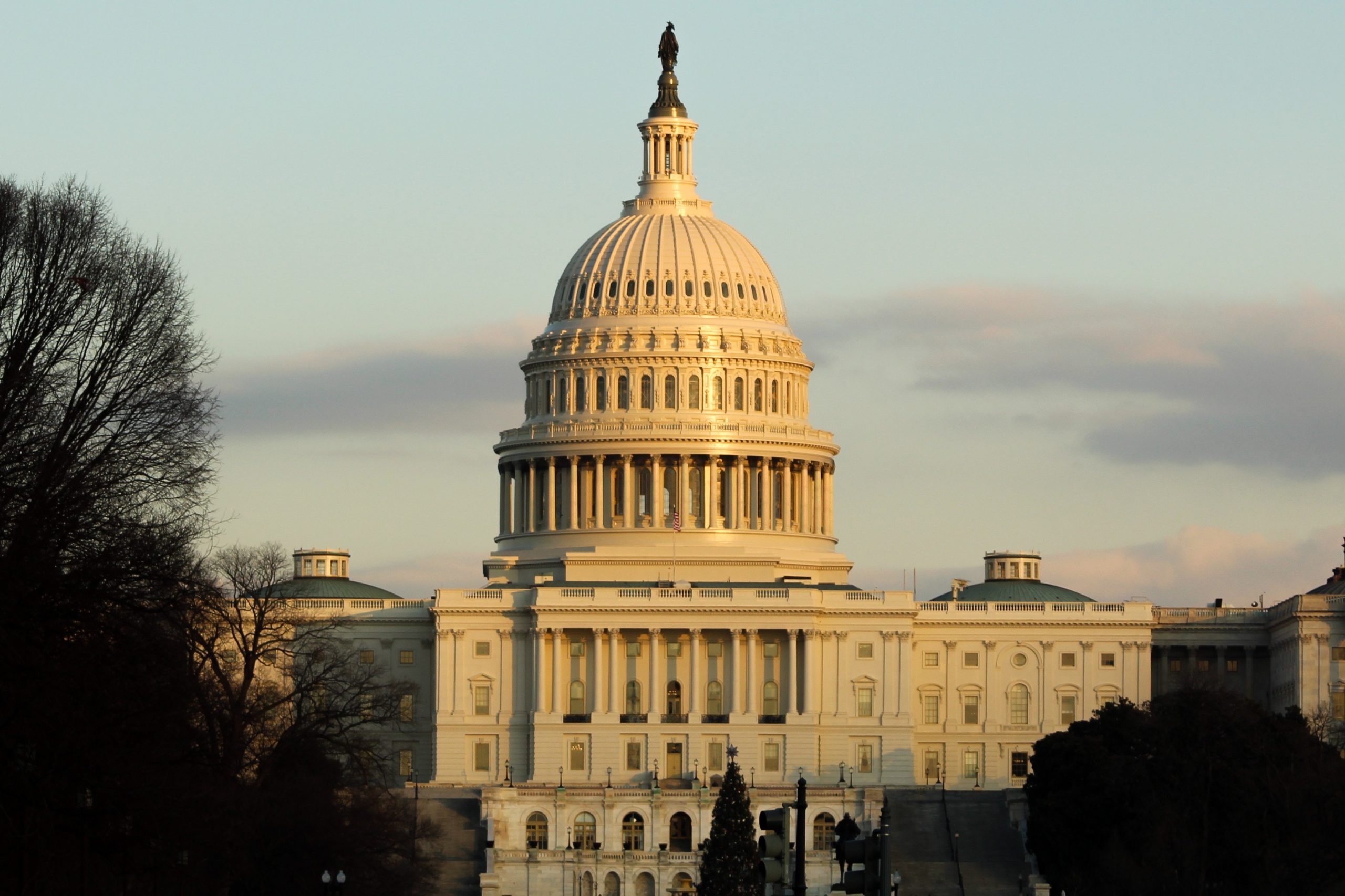
The Covid relief bill includes $8 billion for vaccine distribution, exceeding the $6 billion target set by the Trump administration.
Analysts say the Covid relief bill could meet the demand made by national organizations on behalf of public health officials, who called for at least $8.4 billion for the massive vaccination campaign.
Sufficient financial assistance for vaccine distribution was the main priority for President-elect Joe Biden, who promised the administration of 100 million doses of Covid-19 vaccines in his first 100 days in office. Biden previously said that without enough funds for distribution, that objective could “slow and stall.”
The details of the stimulus bill were not revealed as of Monday morning, although Democrats and Republicans have presented summaries of the legislation. The two versions have a slight difference.
Based on the summary from Republican whip Rep. Steve Scalise, R-La., the Covid relief bill allots $8 billion for vaccine distribution. The Democratic summary shows that the bill will provide for “nearly $9 billion.”
Both texts suggest that Congress will provide $20 billion to $22 billion to states to help them with testing and other pandemic containment measures. According to their summaries, the bill will allocate $20 billion for vaccine procurement. The GOP summary points out that those vaccines will be “available at no charge for anyone who needs it.”
The legislation is expected to be passed Monday, the day the initial doses of the second vaccine to be approved by U.S. regulators will be administered. The first doses of the Pfizer-BioNTech vaccine were administered one week ago.
Health authorities pointed out that they are working to vaccinate as many as 20 million Americans by the first week of January.
The developments come as the U.S. approaches winter, with 3,000 Americans dying from the disease every day. The pandemic took the lives of over 300,000 people in the U.S. this year, according to data from Johns Hopkins University.
The stimulus deal came after months of delays from legislators over the size and scope of the relief package.
The main provisions of the bill aim to provide economic relief to households and small businesses, including payments of $600 to most Americans, 11 weeks of federal unemployment benefits, an inclusion of $284 billion into the Paycheck Protection Program, $300 per week for enhanced unemployment insurance benefits, $25 billion for rental assistance and an eviction moratorium extension, $82 billion for education providers like schools and colleges, including aid to help reopen classrooms safely, $7 billion to widen broadband access to help Americans connect remotely, and $10 billion to help with child care assistance.
Democrats said that the deal is just the start and that they will call for more legislation once Biden takes office.
"It is packed with targeted policies that help struggling Americans who have already waited entirely too long," Senate Majority Leader Mitch McConnell said.
In a joint statement, House Speaker Nancy Pelosi and Senate Minority Leader Chuck Schumer said, "We are going to crush the virus and put money in the pockets of the American people."






